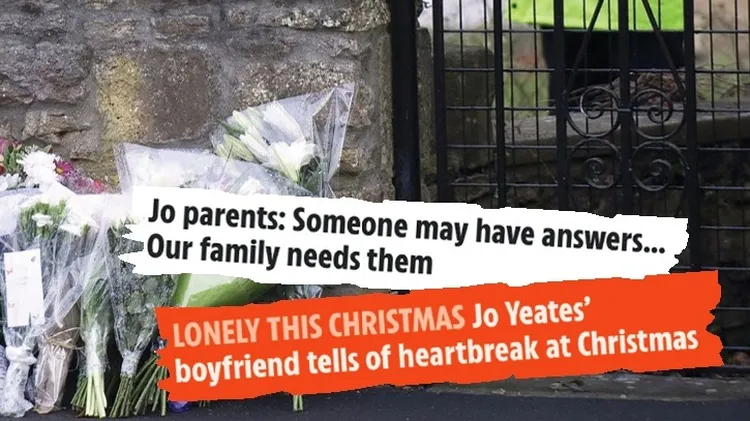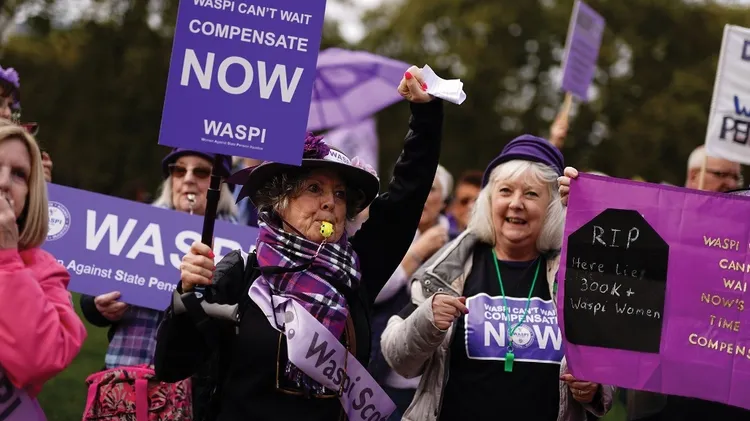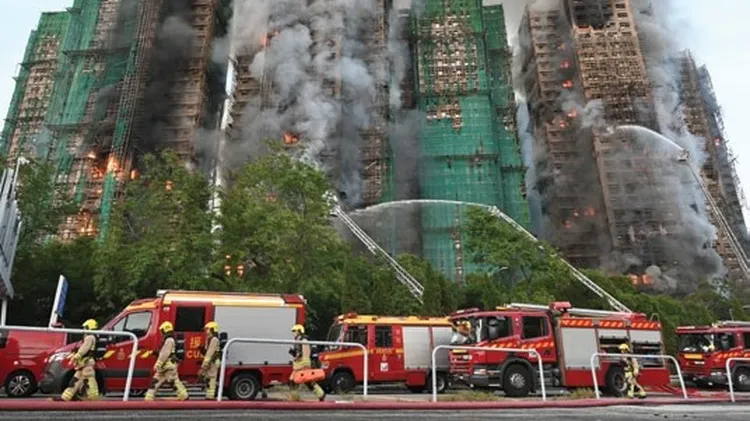The publica
How many more women will be killed before crimes against them are taken seriously?
3 min read
This article is from...
Read this article and 8000+ more magazines and newspapers on Readly






